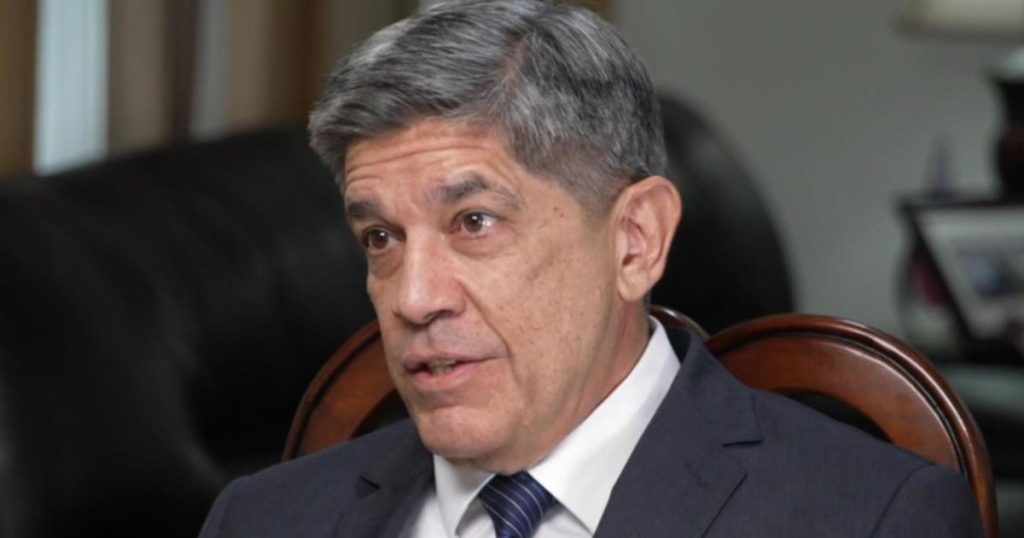Cuba’s government is willing to accept more deportation flights from the U.S. for Cuban migrants who have traveled to the southern border in record numbers over the past three years. Cuba’s Deputy Foreign Minister, Carlos Fernández de Cossío, mentioned in an interview with CBS News that they are open to accommodating more than one flight per month. The two countries have a contentious relationship dating back to the 1959 Cuban Revolution, but they have cooperated on immigration issues. Since the start of fiscal year 2021, over 450,000 Cuban migrants have been processed at the southern border by the U.S. Customs and Border Protection.
The flow of Cuban migrants to the U.S. has slowed since the Biden administration implemented programs that allow some Cubans to enter legally or appear at an official border crossing. Fernández de Cossío attributed the exodus from Cuba to the U.S. embargo and other American policies, including the Cuban Adjustment Act. He blamed the U.S. for attempting to destroy the Cuban economy through sanctions, while the U.S. government has argued that economic mismanagement and repressive policies by Havana are also driving Cubans to flee. The Department of Homeland Security has highlighted Cuba’s deteriorating economic conditions as a driving factor for emigration.
Fernández de Cossío also pointed out the lack of legal channels for Cuban citizens to come to the U.S., leading to some resorting to illegal crossings at the southern border. He urged the State Department to resume processing tourist and short-term visas in Havana to provide more legal pathways for Cubans. The Biden administration has restarted immigrant visa processing in Cuba, but short-term visa seekers still face obstacles. There are concerns about potential additional U.S. sanctions if former President Donald Trump is re-elected, given the Trump administration’s aggressive stance towards Cuba.
In his interview, Fernández de Cossío expressed worry about the possibility of the Biden administration continuing with existing policies and potentially adding more measures against Cuba. He highlighted the unfairness and immorality of such actions but acknowledged that they could happen. There is a level of concern about how future U.S. policies may impact relations between the two countries. The U.S. and Cuba have had a complex history, with ongoing disagreements on various issues, but they have collaborated on immigration matters, particularly in dealing with the influx of Cuban migrants to the southern border.


